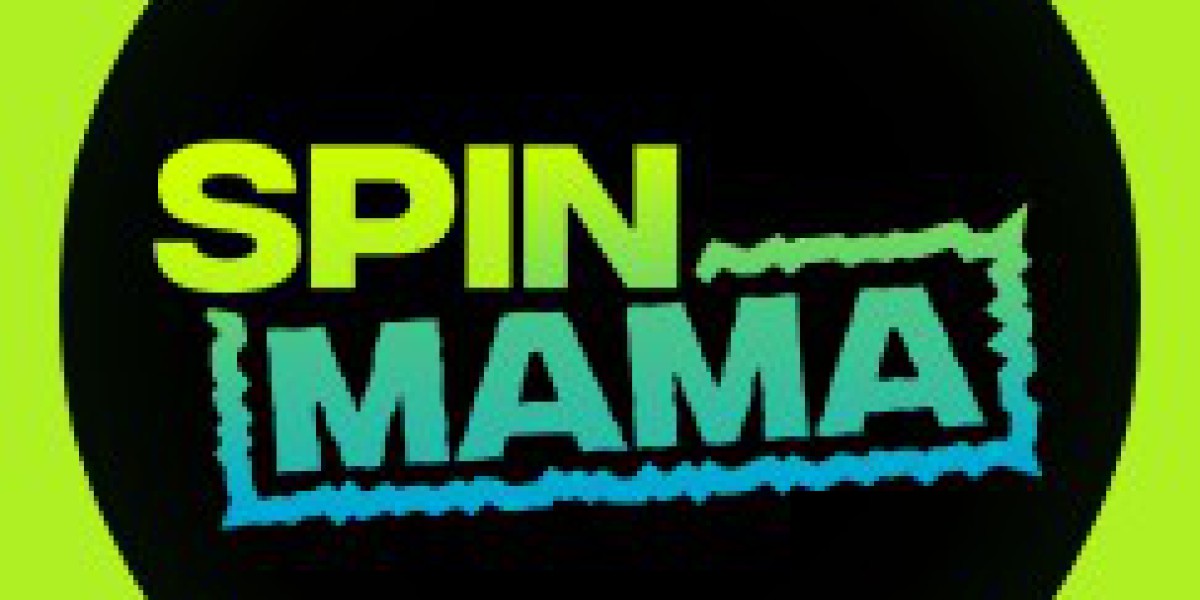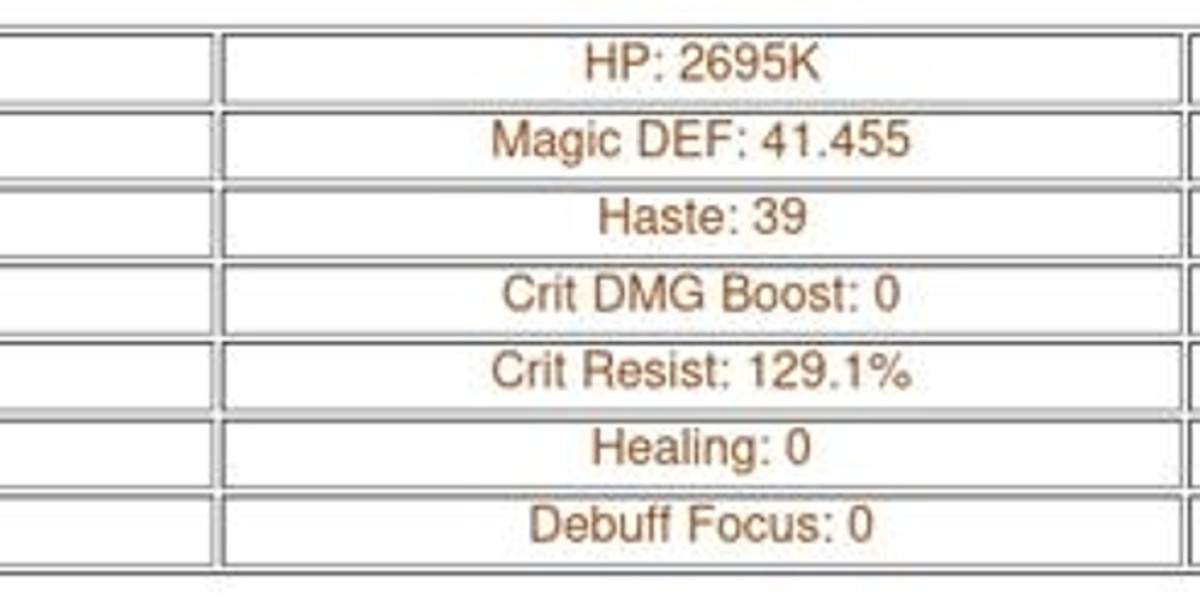
In today's fast-paced economy, many individuals are exploring ways to supplement their income or pursue their passions. Two popular avenues for this are starting a side hustle or launching a small business. While both options offer unique benefits and challenges, understanding the differences can help you make an informed decision. This article will explore the key distinctions between a side hustle and a small business, the benefits of each, and how to determine the right path for you.
Defining Side Hustles and Small Businesses
A side hustle typically refers to a part-time endeavor that allows individuals to earn extra income outside of their primary job. This can range from freelance work, selling handmade goods, or offering consulting services. Side hustles are often characterized by their flexibility and lower startup costs, making them accessible for many.
On the other hand, a small business is usually a more formal venture that aims to generate profit and can be registered as a legal entity. Small businesses often require a more substantial investment of time and resources, and they may involve hiring employees, securing permits, and complying with regulations. Examples include brick-and-mortar stores, restaurants, and service providers.
Key Differences
- Time Commitment: Side hustles generally require a lower time commitment compared to small businesses. Many side hustlers manage their projects in their spare time, whereas small business owners often work full-time to ensure their venture's success.
- Risk and Investment: Starting a side hustle often involves minimal financial risk, as many can be launched with little to no upfront investment. In contrast, small businesses may require significant capital for inventory, equipment, and other expenses, which increases the financial risk.
- Scalability: Small businesses are typically designed for growth and scalability. Entrepreneurs often plan for expansion, hiring employees, and bizop (https://bizop.org/) reaching broader markets. Side hustles, while they can grow, often remain small and manageable, focusing on generating additional income rather than full-scale growth.
- Legal Structure: Side hustles can often operate without formal registration, especially if they are small-scale and informal. Small businesses usually require formal registration, licenses, and adherence to specific regulations, which can add complexity to the startup process.
Benefits of a Side Hustle
- Flexibility: Side hustles allow individuals to work on their terms, choosing when and how much to work. This is ideal for those with busy schedules or other commitments.
- Low Risk: With minimal investment, side hustles pose a lower financial risk. This makes them an attractive option for those who want to test the waters of entrepreneurship without diving in fully.
- Skill Development: Side hustles provide an opportunity to develop new skills and gain experience in areas such as marketing, sales, and customer service, which can be valuable for future ventures.
Benefits of a Small Business
- Income Potential: Small businesses have the potential to generate significant income and can lead to financial independence. With proper planning and execution, they can become the primary source of income.
- Brand Building: A small business allows entrepreneurs to build a brand, establish a reputation, and create a loyal customer base, which can lead to long-term success.
- Job Creation: Small businesses can contribute to the economy by creating jobs and providing services or products that meet community needs.
How to Decide: Side Hustle or Small Business?
When choosing between a side hustle and a small business, consider the following factors:
- Goals: What do you hope to achieve? If your primary goal is to earn extra income with flexibility, a side hustle may be the right choice. If you aspire to build a company and potentially quit your day job, a small business may be more suitable.
- Resources: Assess your financial situation, skills, and time availability. If you have limited resources and time, starting with a side hustle can provide a low-risk entry into entrepreneurship.
- Passion and Commitment: Consider how passionate you are about your idea. If you are deeply committed and see potential for growth, investing in a small business may be worth the effort.
- Market Research: Analyze the demand for your product or service. If there’s a clear market need, a small business may be a viable option. If not, a side hustle might be a better fit to test your idea.
Conclusion
Both side hustles and small businesses offer unique opportunities for individuals looking to enhance their financial situation or pursue their passions. By understanding the differences and evaluating your personal goals, resources, and market demand, you can make an informed decision about which path is right for you. Whether you choose to start a side hustle or launch a small business, the journey of entrepreneurship can be rewarding and fulfilling. Take the first step today, and explore the possibilities that await you!









































